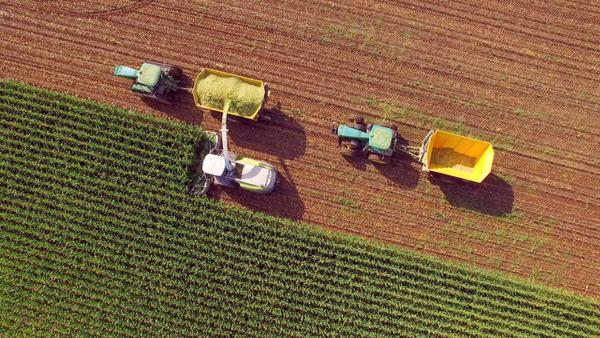Author
Following a string of recent proprietary estoppel decisions, a new case brought by a disinherited farmer’s daughter has provided further clarification of what is required to bring a successful proprietary estoppel claim.
The case
The case of Habberfield v Habberfield [2018] was heard by Mr Justice Birrs in the Chancery Division of the Bristol Civil Justice Centre.
The claimant, Lucy Habberfield, brought a claim against her mother, Jane Habberfield, on the basis that she had devoted her entire working life to the family farm near Yeovil, Somerset. She alleged that this was as a result of assurances by her father that she would take over the farm and be given ownership of it. Lucy in fact left the farm in 2013, after a fight with her sister in the milking parlour. On her father’s death in 2014, Lucy was informed that her father had left the whole of his interest in the farm to her mother.
The judgment
Lucy was successful in proving her claim against her mother. The Judge found that she had been promised ‘a viable dairy farm’. The Judge awarded Lucy £1.17 million (to be settled in cash, or by a sale of the farm). The value of the farm was around £2.5 million, so the amount awarded represented a significant proportion of the property.
In his judgment, Mr Justice Birrs confirmed a much used summary of the requisite elements of a proprietary estoppel claim, namely “a representation or assurance made to the claimant; reliance on it by the claimant; and detriment to the claimant in consequence of his (reasonable) reliance.” He reiterated the warning in earlier cases “against subdividing proprietary estoppel into watertight compartments”. He confirmed that the Court’s ultimate purpose is to prevent “unconscionable conduct” and that this “permeates all elements of the doctrine.”
It is argued that a number of the assurances made by Lucy’s father were questionable; these included representations that Lucy would ‘take over the farm’ when he could no longer farm, which the defence team argued meant taking over the farm business, rather than actually having assets transferred to her; whenever Lucy asked for time off she was told that “the cows would not be there when she got back”; and receiving low wages for her work, as she could not expect to receive the benefit of her work both now and in the future. The Judge took a broad brush approach, holding that the combination of all of the assurances made to Lucy gave her the reasonable expectation that she would be inheriting land and property at the farm.
Statement of current intention v promise
Importantly, the defendant’s legal team sought to rely on the recent judgment of His Honour Judge Matthews in James v James [2018] (another farming case). In that case a distinction was drawn between a statement of current intention as to a future gift and a promise of that future gift. Mr Justice Birrs in Habberfield agreed that such a distinction does exist, but that its significance is likely to be fact specific. In his view the representations given to Lucy could not have been understood as simply statements of current intentions as to future gifts The statements comprised assurances that in return for what Lucy was being asked to do now, she would receive something in the future.
The Judge also reinforced the principle that greater weight would attach to representations that stood for a lengthy period of time, especially in situations where the claimant has to devote a long time doing something in return for what had been promised to them – in this case, working long hours on the farm.
Conclusion
The conclusion to be drawn from this and other proprietary estoppel cases is that the outcome is notoriously difficult to predict and will nearly always turn on the credibility of witnesses, in particular the claimant and the defendant, assuming the defendant is available for cross examination.
For more information please contact Rajvinder Kaur, Associate in the Agricultural Team, on 0117 906 9352 or email rajvinder.kaur@michelmores.com.

